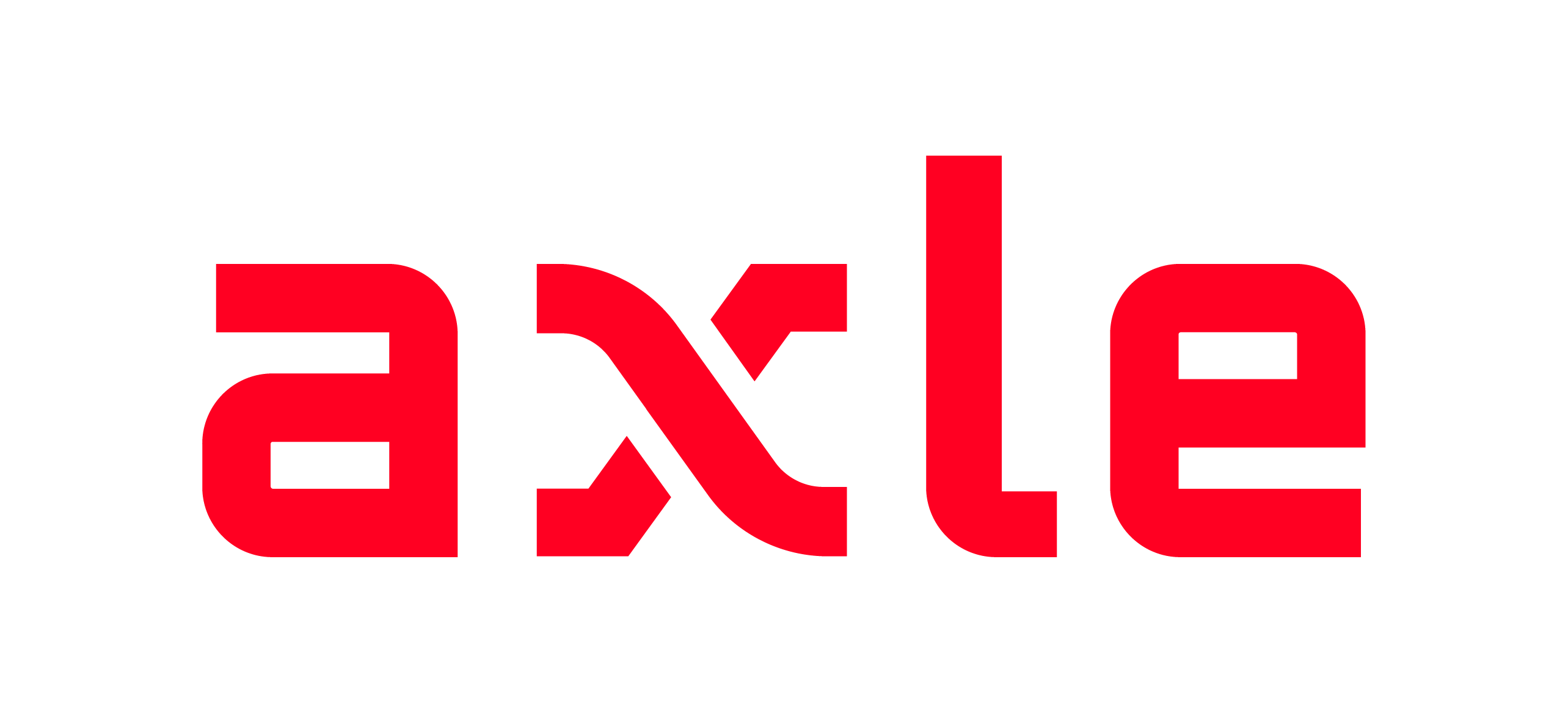Components are fully-integrated, customisable UI building blocks that can be used
to build smart charging experiences within your app. They’re built on top of Axle’s
existing API and allow your customers to onboard their smart assets easily. Axle also provides
a pre-built “best-practice” smart charging app, which is designed to be embedded as a tab or seperate
page in an existing app.
The components are open source and built using React. You can either use them directly,
or use our fully-hosted option and embed Components in your app through iFrame or mobile
web views. Both options provide full theming customisation, and you can pick and choose
which components to use.
The smart charging app is available as a hosted option only, as Axle manages the whole customer
integration for you.
Choosing a rendering option
| React components | Hosted components | Smart charging app |
|---|
| Customisable theming | ✅ | ✅ | ✅ |
| Plug and play | ❌ - Use in existing React website | ❌ - You pick the components to use | ✅ - Axle provides the whole smart-charging flow |
| Build my own flow | ✅ - Use what you need in an existing app | ✅ - Embed what you need in an existing app | ❌ |
| Enhance an existing React app | ✅ - Drop in Axle React components | ❌ | ❌ |
Authentication
Regardless of how you choose to render, you’ll need to obtain an end-user scoped component
token that can be used to authenticate API calls made from the frontend. This is a token
scoped to a specific user for use with components only, and must be created using your org scoped token.
Never use your org scoped token in an untrusted environment, including all client side code.
external_user_id and allowed_origin. These are required
so Axle can reconcile your end users with the entries in our database, and to ensure that redirects or iFrame embeddings
can only happen on domains you control.
You can obtain a component token by calling the /auth/component-token/ endpoint:
curl -X 'POST' \
'https://api.axle.energy/auth/component-token' \
-H 'accept: application/json' \
-H 'Authorization: Bearer <YOUR_ORG_SCOPED_TOKEN>' \
-H 'Content-Type: application/x-www-form-urlencoded' \
-d 'external_user_id=<YOUR_USER_ID>&allowed_origin=<YOUR_TRUSTED_ORIGIN>'
{ "access_token": "eyJhbGciOiJIUzI1NiIsInR5cCI6IkpXVCJ9.eyJzdWIiOiIxMjM0NTY3ODkwIiwibmFtZSI6IkpvaG4gRG9lIiwiYWRtaW4iOnRydWUsImlhdCI6MTUxNjIzOTAyMn0.KMUFsIDTnFmyG3nMiGM6H9FNFUROf3wh7SmqJp-QV30" }
Refreshing tokens
Component tokens are valid for one hour. You should regenerate component tokens before this to ensure
user flows aren’t interrupted. 
